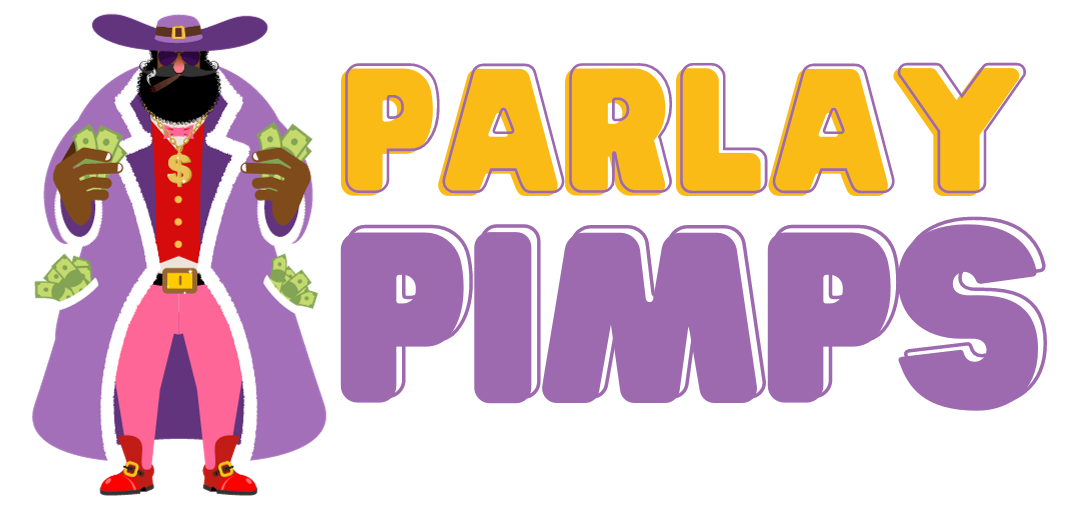Sports Betting Terms & Definitions
Sports Betting Terms
For those new to sports betting, the terminology can often be bewildering. This glossary covers many of the most frequently used terms, concepts, and strategies you’ll encounter both on this site and in the wider world of sports betting.

Terms & Definitions
Added Game:
A game not included in the regular Las Vegas betting rotation, often rescheduled or part of a doubleheader.
Against the Spread (ATS):
Betting on the point spread rather than the outright winner.
Arbitrage:
Simultaneously buying and selling the same game in different markets for profit due to price differences.
Bankroll:
The total funds available for betting.
Bookmaker:
A licensed individual who sets betting lines and accepts wagers.
Buying Points:
Paying extra to get a more favorable point spread, often in key numbers in football like 3 or 7.
Chalk:
The favorite team in a matchup.
Contrarian Betting:
Betting against public trends to find value in lopsided betting percentages.
Cover:
Winning a bet by exceeding the point spread. For instance, if a team favored by 7 points wins by 9, they cover the spread.
Dime:
A bet of $1,000.
Dog:
Short for ‘underdog’, the team expected to lose.
Draw:
A tie. In betting, this means bettors receive their money back.
Edge:
The bettor’s advantage over the house. Often refers to positive expected value.
Even Money:
A wager without vigorish; betting at +100.
Favorite:
The team expected to win a game.
Field:
In prop bets, betting on all teams or players not listed individually.
Future:
A bet on a future event, like picking a championship winner before the season starts.
Hedging:
Betting the opposite side to minimize losses or guarantee a profit.
Hook:
An extra half-point in spread betting, often purchased in football.
Grand Salami:
The total of goals/runs scored in all games in a specific league.
Juice:
The commission sportsbooks charge on bets.
Key Numbers:
Common margins of defeat, important in football betting.
Limit:
The maximum bet accepted by a sportsbook on an event.
Lines:
The odds offered on a sporting event.
Middle:
Betting on both sides of a game with the chance to win both.
Moneyline:
Betting on a team to win outright, common in low-scoring sports.
Nickel:
A bet of $500.
Off the Board:
A game that sportsbooks won’t accept bets on, often due to uncertainties like injuries or weather.
Over/Under:
Betting on the total points/goals/runs scored in a game.
Parlay:
A bet linking two or more events; all must win for a payout. This is one of the ways to get the biggest payouts because every time you add an event you exponentially alter the odds. Parlays are the biggest risk, but come with the biggest rewards.
Pick ‘Em:
A game with no favorite; the line is zero.
Prop Bet:
A bet on aspects other than the game’s outcome, like player performance.
Public Betting Percentage:
The proportion of bets placed by the public on a given game.
Push:
A tie in betting terms, leading to refunded bets.
Real Time Odds:
Live, constantly updated betting lines.
Reverse-Line Movement:
Line movement that contradicts public betting percentages, indicating sharp bettor activity.
Return on Investment (ROI):
Measure of profitability of bets.
Run Line:
The spread in baseball or hockey, adjusting runs for the underdog or favorite.
Runner:
Someone who places bets for another.
Steam Move:
Rapid, uniform line movement across the betting market.
Teaser:
A bet where you can adjust the spread, affecting the payout.
Tout:
A person selling betting picks or expertise.
Units:
A standard monetary measure for betting, typically a percentage of the bankroll.
Wager:
Any type of sports bet.
Sports Betting Terms Conclusion
This glossary is your first step towards understanding the complex world of sports betting. Familiarizing yourself with these terms will not only enhance your enjoyment of betting but also aid in making more informed decisions.
